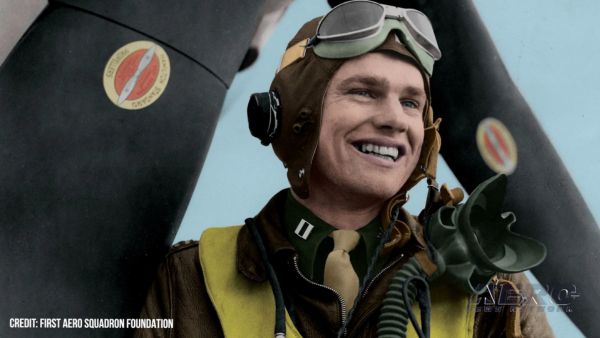Sat, Jan 07, 2006
Advertisement
More News
 Samson Sky Hits the Wind Tunnel
Samson Sky Hits the Wind Tunnel
Improvements Stack as Brand Readies for Mass Production Samson Sky updated followers on its flying car progress, describing some of the travails of the wind tunnel as they get clos>[...]
 ANN's Daily Aero-Term (05.22.24): LAHSO
ANN's Daily Aero-Term (05.22.24): LAHSO
LAHSO An acronym for “Land and Hold Short Operation.” These operations include landing and holding short of an intersecting runway, a taxiway, a predetermined point, or>[...]
 Aero-FAQ: Dave Juwel's Aviation Marketing Stories -- ITBOA BNITBOB
Aero-FAQ: Dave Juwel's Aviation Marketing Stories -- ITBOA BNITBOB
Dave Juwel's Aviation Marketing Stories ITBOA BNITBOB ... what does that mean? It's not gibberish, it's a lengthy acronym for "In The Business Of Aviation ... But Not In The Busine>[...]
 ANN's Daily Aero-Linx (05.19.24)
ANN's Daily Aero-Linx (05.19.24)
Aero Linx: Space Medicine Association (SMA) The Space Medicine Branch was founded in 1951 as the first constituent organization of the Aerospace Medical Association (AsMA). In 2006>[...]
 ANN's Daily Aero-Term (05.19.24): Back-Taxi
ANN's Daily Aero-Term (05.19.24): Back-Taxi
Back-Taxi A term used by air traffic controllers to taxi an aircraft on the runway opposite to the traffic flow. The aircraft may be instructed to back-taxi to the beginning of the>[...]
blog comments powered by Disqus



